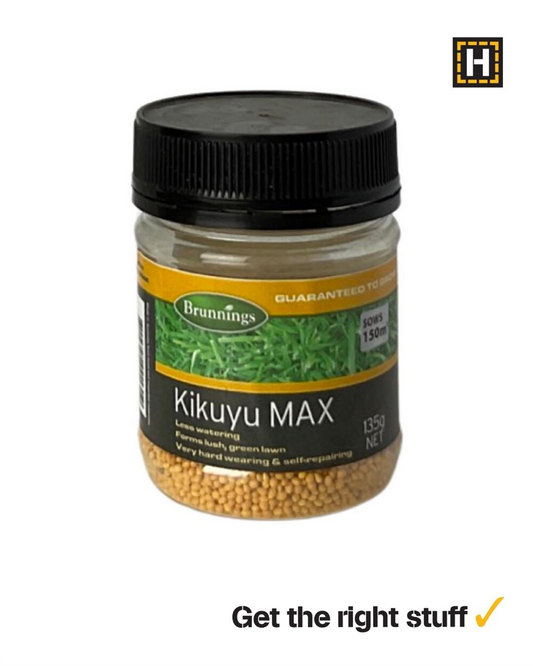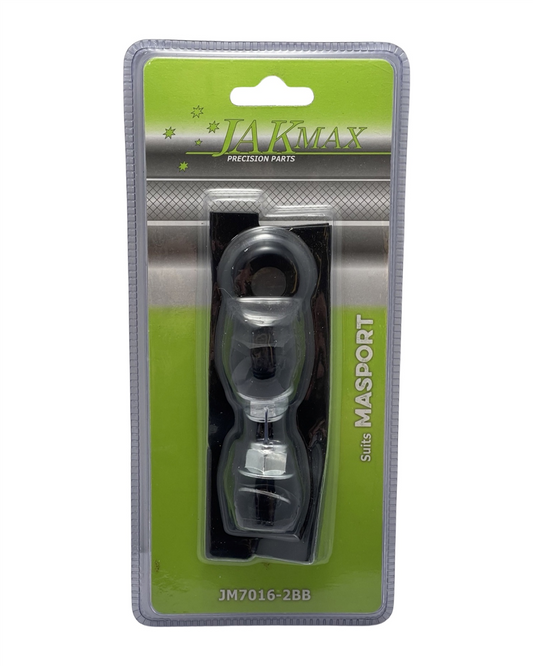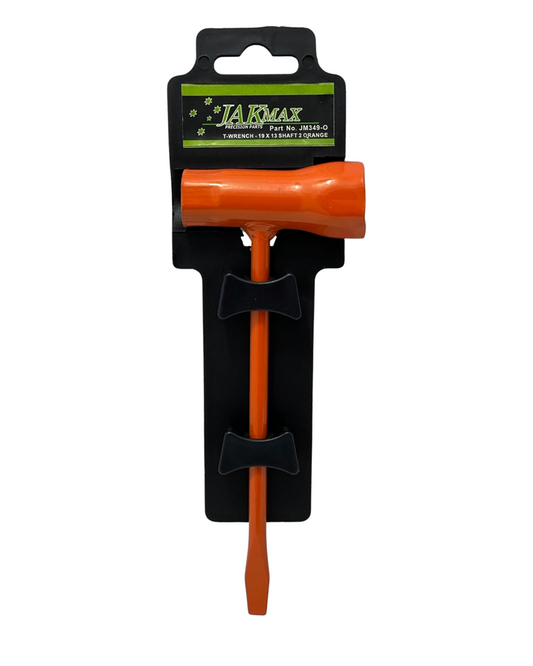A Beginner's Guide to Building Good Soil for Your Vegetable Garden
Share
The Foundation of a Flourishing Garden
The essence of a vibrant, healthy vegetable garden lies not in the seeds or the latest gardening tools, but in something far more fundamental – the soil. Good soil is the unsung hero of a lush vegetable garden. It's where your plants draw their nutrition from, and it determines how well they grow and resist pests and diseases.
What makes Good Soil for Vegetable Gardening?
- Understanding Soil Composition: Good garden soil is a blend of minerals, organic matter, water, and air. It's not just about dirt; it's a living, breathing ecosystem.
- Importance of Organic Matter: Organic matter, such as compost, is essential for soil health. It improves soil structure, nutrient content, and water retention.
- pH Levels Matter: Vegetables thrive in a pH range of 6.0 to 7.0. Testing and adjusting your soil's pH is crucial for nutrient availability.
- The Role of Soil Microorganisms: Beneficial bacteria and fungi in the soil help break down organic matter and make nutrients available to plants.
- Water Drainage and Retention: Good soil should be able to retain moisture while also draining excess water to prevent root rot.
Household Examples
- A garden with clay soil can be improved by adding organic matter like compost or well-rotted manure, enhancing its structure and drainage.
- Sandy soil, on the other hand, benefits from organic matter as well, increasing its ability to hold nutrients and water.
How can your start improving your soil?
- Start Composting: Composting kitchen and garden waste is a simple way to create rich organic matter for your soil.
- Regular Soil Testing: Purchase a soil test kit to monitor pH and nutrient levels, adjusting them as needed with organic amendments.
- Mulching: Apply a layer of organic mulch around your plants to conserve moisture, suppress weeds, and gradually improve soil quality.
- Crop Rotation: Rotate your crops each year to prevent nutrient depletion and reduce pest and disease problems.
- Cover Crops: Planting cover crops like clover or vetch during the off-season can improve soil fertility and structure.
Where to from here?
Building good soil is a journey, not a one-time task. It requires patience, persistence, and a bit of know-how. Start with small, manageable steps like composting and regular testing. As you learn and observe, your soil will improve, and so will the health and yield of your vegetable garden. Remember, every handful of healthy soil is teeming with life, and it's this life that sustains your garden. Happy gardening!









